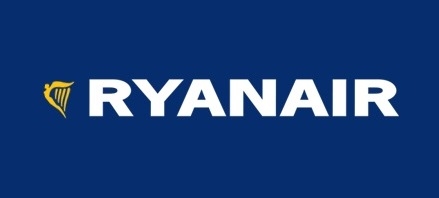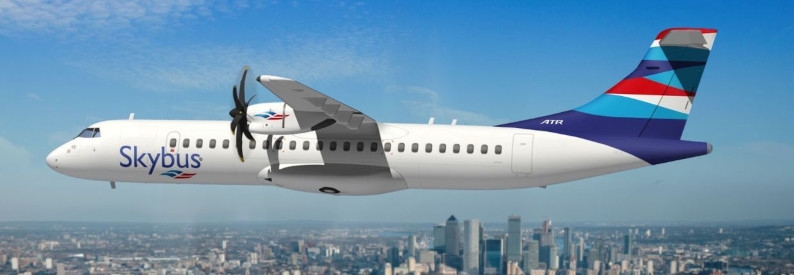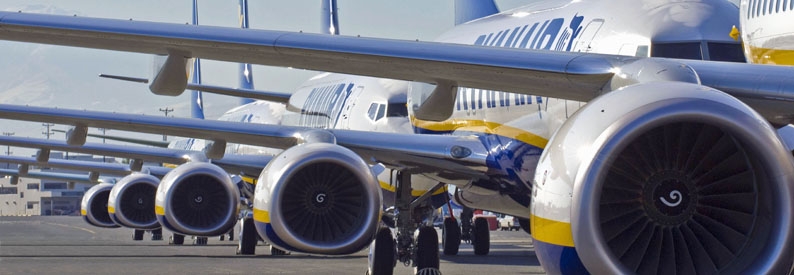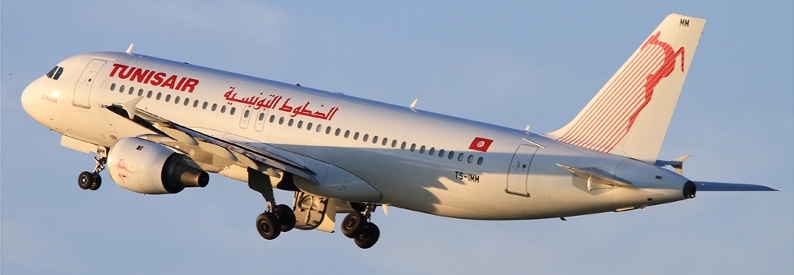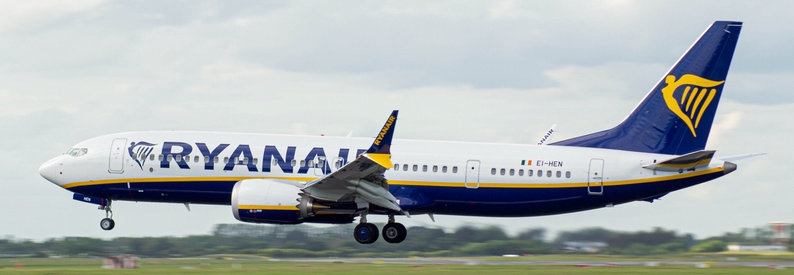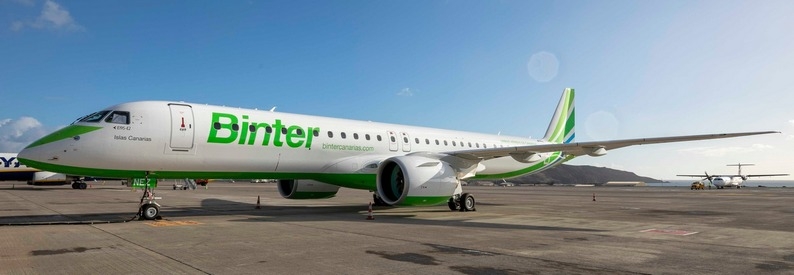Ryanair (FR, Dublin International) could have up to 10 aircraft fewer than anticipated this summer season because of the production delays that manufacturers are facing, CEO Michael O’Leary told the Financial Times on January 9.
“We were supposed to have 27 aircraft delivered prior to Christmas, we finished up getting 11. We’re supposed to have 57 aircraft delivered to us by the end of April, and we think we’d be lucky to get 50 by the end of June. So we’re going to be left five, seven, maybe 10 aircraft short for the peak summer season this year,” he warned.
Both Boeing and Airbus have been facing production delays and Boeing cut its delivery outlook in October, citing issues with supplier Spirit AeroSystems. The US manufacturer had initially planned to deliver between 400 and 450 aircraft in 2023 but later reduced the figure to 375 to 400.
Ryanair has a total of 224 unfilled orders of the B737 MAX, data from Boeing shows. It received 52 aircraft from the manufacturer in 2023, with 35 of them delivered before the end of June.
“Capacity is heavily challenged. [...] Airfares, particularly peak summer, are going to be higher because there’s going to be less short-haul capacity around Europe,” O’Leary said. “The real challenge for both Airbus and Boeing is they are both running behind on their plans to increase monthly production. A lot of that is supply chain pressures. I think that both Airbus and Boeing, certainly Boeing, need to significantly improve quality control.”
Future deliveries of jets, in general, will be additionally impacted by Boeing’s latest setback: the temporary grounding of certain B737-9s after an Alaska Airlines (AS, Seattle Tacoma International) MAX 9, N704AL (msn 67501), saw its left-hand rear mid-cabin plugged exit door separate mid-flight. The manufacturer currently has a backlog of 5,626 aircraft.
O’Leary also pointed out that any delays in deliveries could have significant financial downsides as passenger numbers will be down. “It costs us, if you’re talking being down 5 million on 205 million passengers, [...] probably 2 to 2.5% of profits,” he said.
- Type
- Base
- Aircraft
- Destinations
- Routes
- Daily Flights
